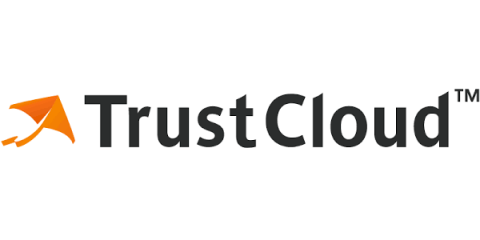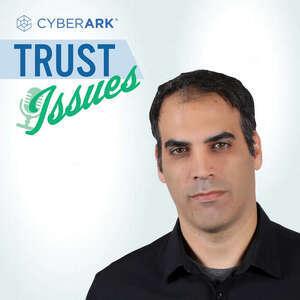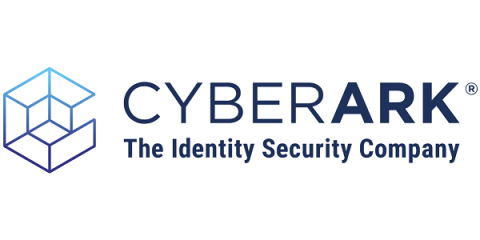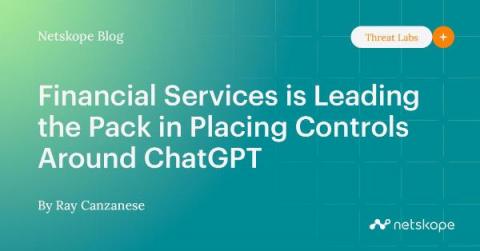AI is the Future of Cybersecurity. Here Are 5 Reasons Why.
While Gen AI tools are useful conduits for creativity, security teams know that they’re not without risk. At worst, employees will leak sensitive company data in prompts to chatbots like ChatGPT. At best, attack surfaces will expand, requiring more security resources in a time when businesses are already looking to consolidate. How are security teams planning to tackle the daunting workload? According to a recent Morgan Stanley report, top CIOs and CISOs are also turning to AI.











